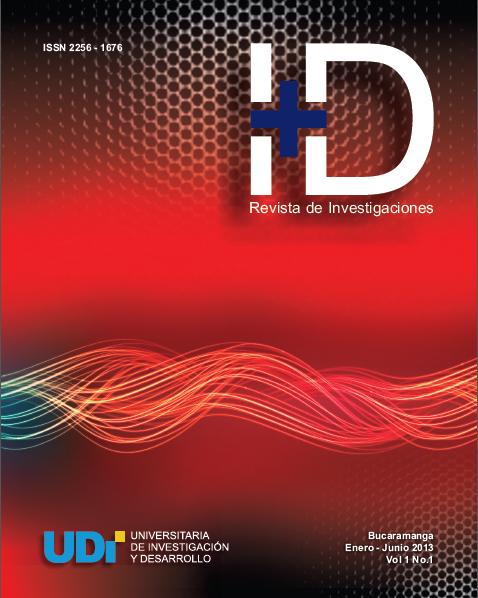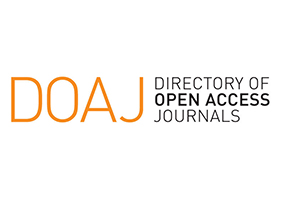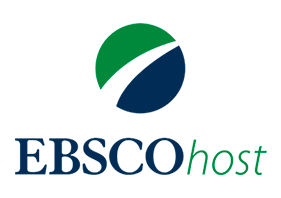Virtual Learning Object Prototype for English Lenguage Training at the elementary school first grade.
DOI:
https://doi.org/10.33304/revinv.v01n1-2013002Keywords:
English language, Primary education, Virtual learning object, Educational SoftwareAbstract
This paper describes the first functional prototype assessed in a pilot test, carried out into a sample of seventeen students at Sintra oficiales High School in the city of Floridablanca (Colombia), in order to get information to reengineer such prototype. The findings of this test showed how important it is to provide diversification of simulation to the children through the activities menu, as well the importance of improving of presentation of several activities and the need of making better of the graphical interface, especially in feedback messages.Downloads
References
Ausubel, D. P., Novak, J. D. & Hanesian, H. (1997). Psicología Educativa: Un punto de vista cognoscitivo. México: Trillas.
Churchill, D. (2005). Learning objects: an interactive representation and a mediating tool in a learning activity. Educational Media International, 42 (4), 333-349. Doi:10.1080/09523980500237757.
Churchill, D. 2007. Towards an useful classification of learning objects (Artículo en desarrollo). (A. F. Technoloy, Ed.) Education Tech Research, 479-497.
Colombia Aprende (2004). La red del Conocimiento. Recuperado de: http://www.colombiaaprende.edu.co/html/directivos/1598/article-99543.html
E-Learning Competence Center. 2003. Explanation on learning objects. Recuperado de: www.ecc.org.sg/loc/ecplain.html
Global Learning Consortium. 2002. E-Learning specifications: why do you need them? Recuperado de: www.imsproject.com
Institute of Electrical and Electronics Engineers, Learning Technology Standards Committee (2001). Creating Learning Technology Standards. Recuperado de: http://ltsc.ieee.org/wg12
Internet Learning Solutions Group, Cisco Systems, Inc. (2001). Reusable learning object strategy. Recuperado de: file:///C:/Users/PC/Downloads/rlo_strategy4.pdf
Jaime, R. V. (2008). Tendencias en Informática Educativa en Colombia. Manuscrito inédito. Grupo de Investigación en Nuevas Tecnologías Aplicadas a la Educación GIDSAW. Universitaria de Investigación y Desarrollo, Bucaramanga, Colombia.
Ministerio de Educación Nacional (2006). Formar en lenguas extranjeras. Recuperado de: http://www.colombiaaprende.edu.co/html/mediateca/1607/articles-115375_archivo.pdf.












